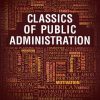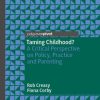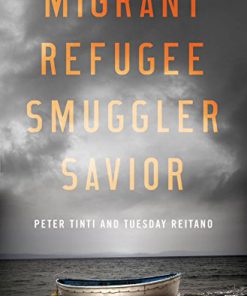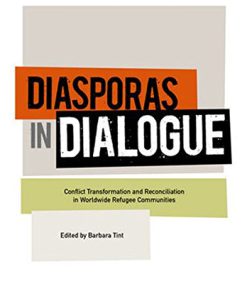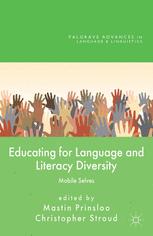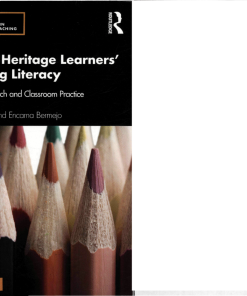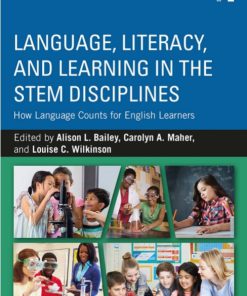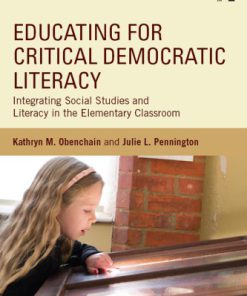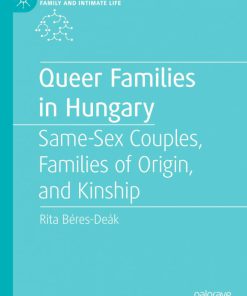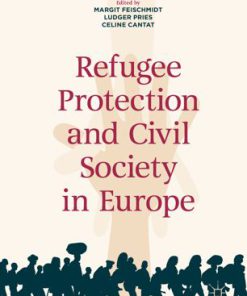Language and Literacy in Refugee Families 1st Edition by Chatwara Suwannamai Duran 1137587565 9781137587565
$50.00 Original price was: $50.00.$25.00Current price is: $25.00.
Language and Literacy in Refugee Families 1st Edition by Chatwara Suwannamai Duran – Ebook PDF Instant Download/DeliveryISBN: 1137587565, 9781137587565
Full download Language and Literacy in Refugee Families 1st Edition after payment.
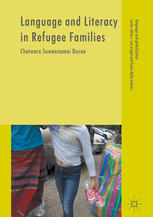
Product details:
ISBN-10 : 1137587565
ISBN-13 : 9781137587565
Author: Chatwara Suwannamai Duran
This book examines the agreements and discrepancies between public understanding and assumptions about refugees, and the actual beliefs and practices among the refugees themselves in a time of increasing mobility fuelled by what many call ‘refugee crisis’. With a focus on language and literacy practices among recently-arrived Karenni refugee families in the United States, this book explores the multilingual repertoires and accumulated literacies acquired through the course of the refugees’ multiple movements. Through the lens of transnationalism, the author emphasizes that despite their numerous struggles, the refugees daily and diligently use and strategize their old, emerging, and evolving linguistic and literacy resources to make the best of their resettlement. This book will shed light on the language and literacy practices among transnational and diasporic communities, minoritized or marginalized groups for researchers in these fields as well as practitioners and resettlement agencies working with refugee populations.
Language and Literacy in Refugee Families 1st Table of contents:
1: Introduction: Refugee, Language, and Literacy
Refugee: Legal Definitions and Terms Used
Using a Transnationalism Paradigm to Research Refugees’ Language and Literacy Practices
Refugees are Transnational Agents
Refugees are Resourceful
Refugees are Repetitively Marginalized and Minoritized
Social Aspects of Literacy
Accumulated Literacy
Literacy and Numeracy
Digital Literacy
Language Socialization Pathways in Refugee Families
Multilingual Repertoires
Language Ideology and Hierarchy
Contested Language Ideologies
Language Naming and Translanguaging
Summary: Refugees, Language, and Literacy
References
2: ‘But, We Are Karenni. We Are Not Burmese.’ Historical Contexts and Lived Experiences of K
Burma’s Historical and Political Contexts and Ethnic Conflicts
The Karenni People and their Circumstances
Linguistic Diversity Among the Karenni and Other Ethnic Groups from Burma
Karenni Refugees in Thailand and Their Camp Life
Karenni Refugees in the USA
Education in Arizona
Summary
References
3: The Three Families
From First Encounters to Researcher’s Multiple Roles
Multiple Methods
Participant Observation
Collection of Artifacts
Interviews
Interpreters and Translations
Collecting Data from Children
Analysis and Interpretation
Teh Reh’s Family: ‘We Come Here for Our Children’s Education’
Teh Reh
Loh Meh
See Meh
Gu-Gu and Ngee-Ngee
Ka Paw’s Family: ‘It’s Very Very Important for the Children to Go to the School’
Ka Paw
Sherry
Daw
Je Ru
Nway Meh’s Family: ‘I Came for My Children and Their Future’
Nway Meh
Boe Meh
Hla Meh
Saw Reh
Sha Reh
Toh Reh
Eh Reh
Biographic and Demographic Information
References
4: Life, Liberty, and (the Pursuit of) English
‘If I Understand English, I Will Be More Happy’
‘You Live in America, You Don’t Speak English, NOT GOOD!’
‘I Can Speak Burmese, Karenni, Shan, and Thai … FOUR Languages. But, None of Those are Valid He
‘If Someone Can Speak English, She Will Get Helped’
‘We Don’t Know How to Talk to the Teacher’
‘We Don’t Know How to Read (English)’
‘Karenni Women Don’t Speak English’
‘Her English Is Very Very Bad’
The Minoritized Newcomers and the Pursuit of English
References
5: Karenni Youth, Multilingual Practices, and Transnational Literacy
(Un)Intentional Translanguaging
Translanguaging and Counting
Doing Homework
Karenni Youth’s Multilingual Practices
Saw Reh and See Meh: Learning a Language Other than English
Hla Meh: The Oldest Sister’s Role
Daw: ‘Praying in Burmese and Karenni is Better for Us to Understand’
Summary
References
6: Digital Literacy in the Karenni Families
Video Game Play Among Young Children
The Art of Using a Video Game Controller as an Expression Device
Multimodality and Learning
Popular Culture as a Resource
Parents’ Opinions on their Children’s Video Game Playing
Virtual Communities and Texting Among Karenni Teenagers
Internet Surfing and Social Media
Texting
Digital Literacy Among Karenni Adults
Summary
References
7: Revisiting Transnationalism and Key Resources
Support Network in the Karenni Community
Maintaining Multilingual Repertoires Across Space and Time
Print Texts, Language Ideology, and Availability
Summary
References
8: Conclusion and Implications
Contested Language Ideologies
Socialization Using Both Previously and Recently Acquired Languages
The Construct of Multilingual Capital
Implications for Pedagogy
Translanguaging: An Alternative for English Language Learners
Digital Literacies in Schools and Curriculum
Implications for Practices Among Practitioners and Resettlement Agencies
People also search for Language and Literacy in Refugee Families 1st:
refugees and language
refugee literacy
refugee language barriers
refugee languages
family language and literacy
Tags: Language, Literacy, Refugee Families, Chatwara Suwannamai Duran
You may also like…
Politics & Philosophy - Social Sciences
Politics & Philosophy - Government & Politics
Education Studies & Teaching
Educating for Language and Literacy Diversity Mobile Selves 1st Edition Mastin Prinsloo
Reference - Writing
Uncategorized
Education Studies & Teaching
Politics & Philosophy
Queer Families in Hungary : Same-Sex Couples, Families of Origin, and Kinship Rita Béres-Deák
Crime Thrillers Mystery Psychological
Intimate violence and abuse in families Fourth Edition Gelles 0190634278 9780190634278


